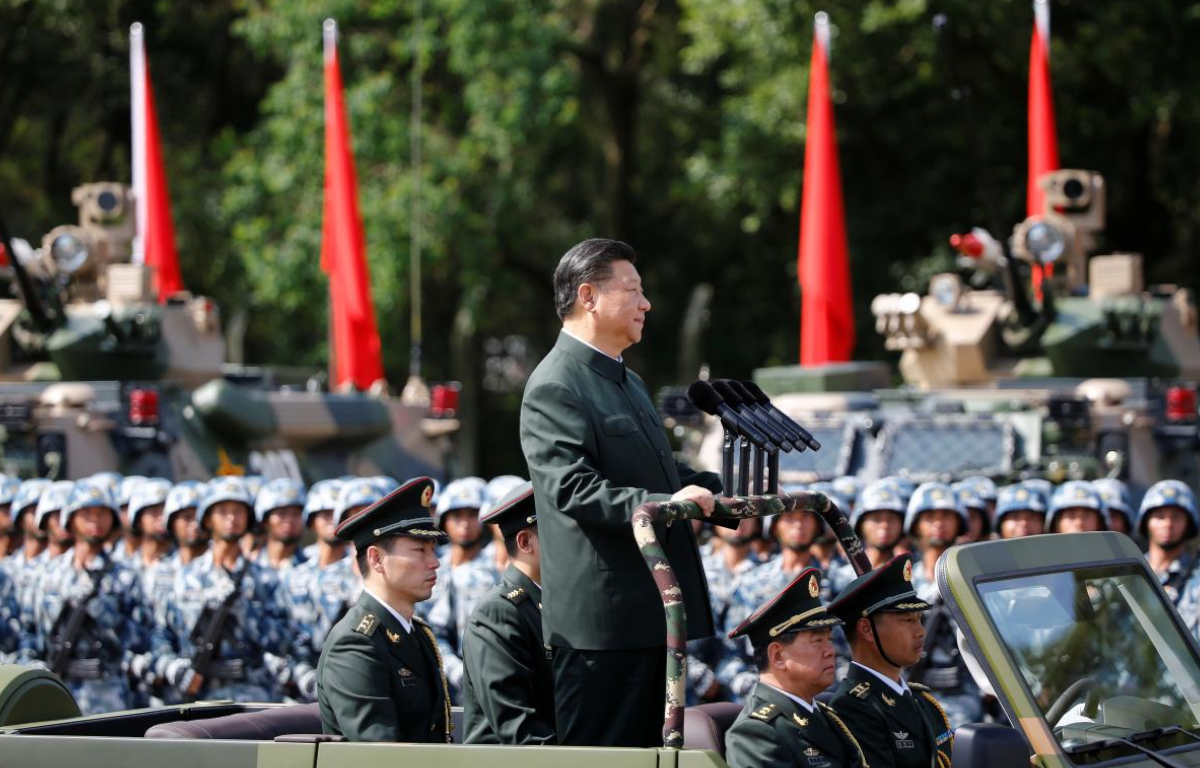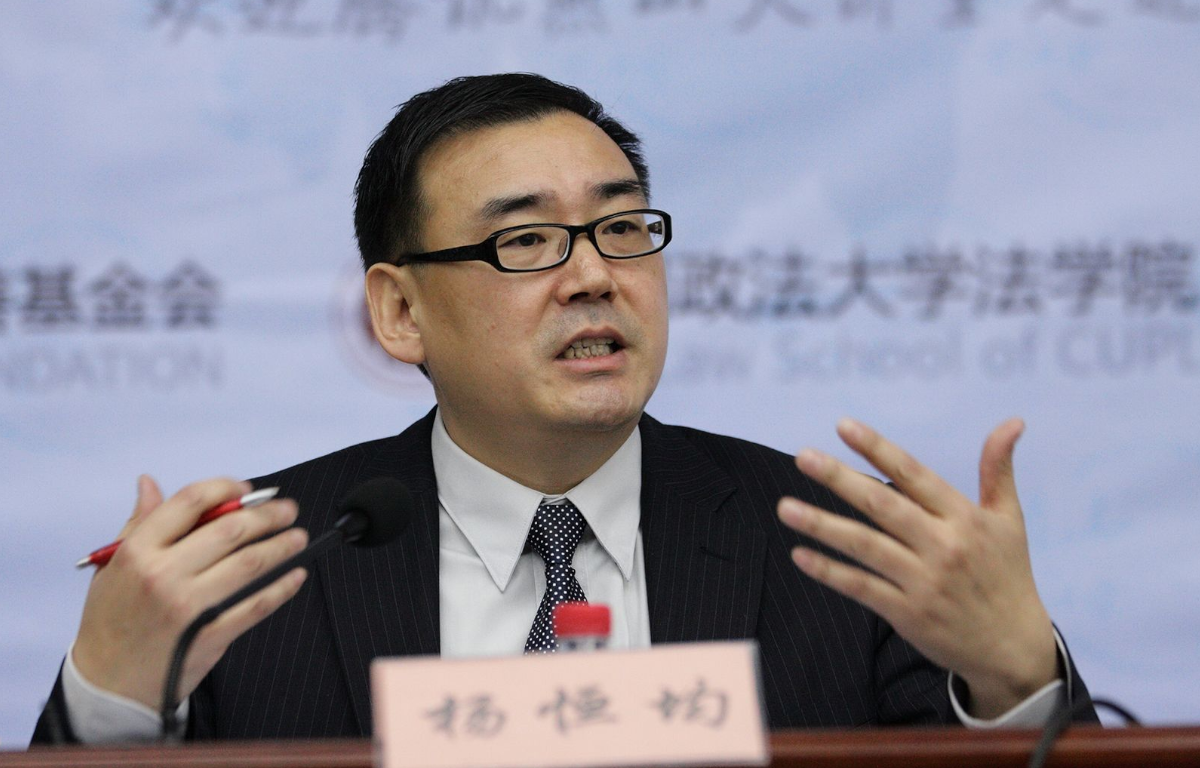
However, a recurring debate surrounds the effectiveness of these gatherings, particularly the NPC, often criticized as a rubberstamp parliament due to its perceived lack of independent decision-making power. The question arises: Can a rubberstamp parliament effectively contribute to China’s economic growth and policy stability?
The NPC, as China’s top legislative body, technically has the authority to approve laws, budgets, and major policies. Still, its decisions are often seen as a formality, with significant decisions preordained by the ruling Communist Party of China (CPC). Critics argue that this lack of genuine debate and oversight can lead to policy inefficiencies, lack of innovation, and limited responsiveness to economic challenges.
However, proponents of the NPC’s role argue that its function goes beyond being a rubberstamp. They highlight several factors that contribute to its importance in China’s economic landscape:
Firstly, the NPC serves as a platform for policy announcements and discussions that set the tone for economic reforms and priorities. While major decisions may be predetermined, the NPC sessions provide an opportunity for leaders to articulate policy objectives and garner support for key initiatives.
Secondly, the NPC’s structure includes representatives from various sectors and regions, allowing for diverse perspectives to be heard. This diversity can lead to nuanced discussions and inputs that influence policy adjustments and implementation strategies.
Thirdly, the NPC’s role in approving budgets and economic plans provides a level of transparency and accountability, albeit within the confines of the CPC’s overarching control. This process ensures that economic priorities are aligned with national goals and objectives.
Moreover, the NPC’s symbolic significance should not be overlooked. As a visible manifestation of China’s governance structure, its meetings and decisions send signals to domestic and international stakeholders about the country’s policy direction and stability. This can have tangible effects on investor confidence, market sentiment, and economic planning.
Despite these arguments, concerns persist about the NPC’s ability to foster genuine debate, checks, and balances. Critics point to instances where critical voices are silenced, dissent is suppressed, and decisions are made without adequate scrutiny.
Ultimately, the question of whether a rubberstamp parliament can effectively contribute to China’s economy is multifaceted. While the NPC’s role as a formal approval body is clear, its impact on economic outcomes depends on broader factors such as policy implementation, regulatory effectiveness, and external economic conditions.
Looking ahead, ongoing discussions about political reform, transparency, and accountability within China’s governance system will continue to shape perceptions of the NPC’s role. Balancing the need for stability and decisive leadership with the imperative for open debate and innovation remains a complex challenge for China’s economic and political leadership.










Share this: